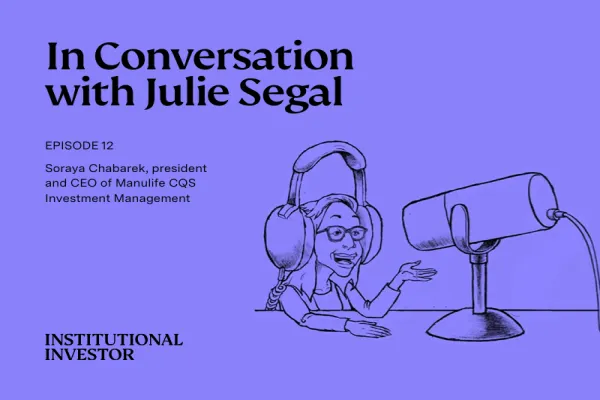Jeffrey Smith’s Starboard Value detailed an extensive plan to unlock value at Macy’s, recommending that the Cincinnati-based retailing giant create joint ventures for the real estate of underlying stores. The New York activist hedge fund firm asserts that if the department store giant executes its initial plan, the stock will be worth closer to $70. It closed Monday up 8 percent, at $38.78.
Starboard estimates the company’s real estate assets are worth $21 billion, “which implies that the operating business is currently trading for a negative value,” it states in a press release. “We believe Macy’s has a great core business with long-term fundamentals that are in-line or better than peers.” Under its plan, one joint venture will contain the company’s “iconic stores,” which include New York’s Herald Square and San Francisco’s Union Square stores. The other JV would include the company’s mall-based stores.
“We believe pursuing JV structures is the most prudent step for Macy’s at this time to create significant value for shareholders given the wide discrepancy between the value of the real estate and the current enterprise value of the Company,” Starboard states in its presentation. “We believe that a JV, or series of JVs, can crystallize the value of Macy’s real estate while bringing in a partner with substantial capital and real estate expertise that will enable the JVs to grow and diversify their real estate holdings.” In a letter to top executives of the retailer, Smith also praised the company for its recent announcement to cut operating expenses and create joint ventures for its real estate.
In a separate regulatory filing, Starboard said it roughly halved its stake in MedAssets to 4.5 percent. It sold more than 2.6 million shares of the company, which helps health care providers improve their cost structure and profitability, for a little less than $30 per share. In early August, Starboard announced an 8.7 percent stake in MedAssets and sent a letter to management laying out its plan for raising its stock by as much as 100 percent. A day or so after the filing, however, the company shocked Starboard and other investors by announcing that a major customer was jumping ship, causing the stock to quickly decline by nearly 10 percent to around $21.29. However, the stock apparently rebounded sharply from then, giving Smith the last laugh.
___
Deutsche Bank cut its price target on Apple from $125 to $105, citing a weakening iPhone outlook for the remainder of the year. It tells clients in a note that it sees limited sales and profit growth in 2016 and lowered its estimates as well as price target. The bank also cites slowing smartphone growth, Apple’s declining market share, and weakness in China, among other factors. At the end of the third quarter, Apple was the sixth most popular hedge fund stock with 49 different investors, according to Goldman Sachs. Despite DB’s action, the stock closed up 1.6 percent on Monday, at $98.53.
___
Tiger Global Management made another investment in Nubank, participating in its $52 million Series C financing. In June, the New York investment firm led a $30 million financing round for the Brazilian company, which markets a credit card that can be used only on a mobile phone.
___
Citadel’s Kenneth Griffin sold a full-floor condo unit on the 46th floor in Chicago’s Waldorf Astoria for $16 million. However, he still owns another floor in the iconic building, according to a Chicago Tribune report. According to the paper, Griffin received what he paid for the condo in July 2014.
___
The Endowment Index declined in value by 3.17 percent in 2015. Calculated by Nasdaq OMX, it seeks to track the performance of global, multi-asset portfolios, drawing on the average allocation of an endowment using ETFs. It is comprised of 19 investable components. Eight of these finished the year in the black, while hedge funds were the fourth worst performer, declining by 0.46 percent.






